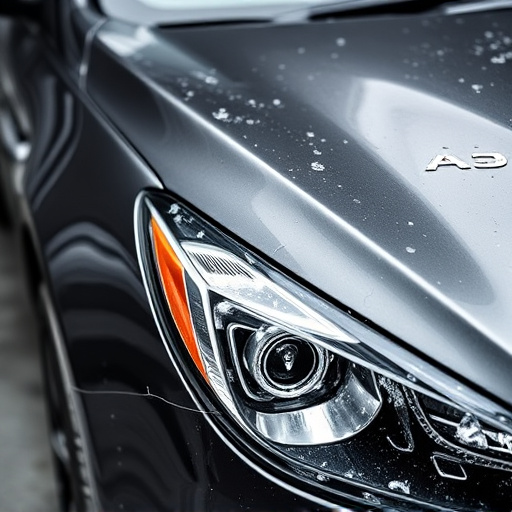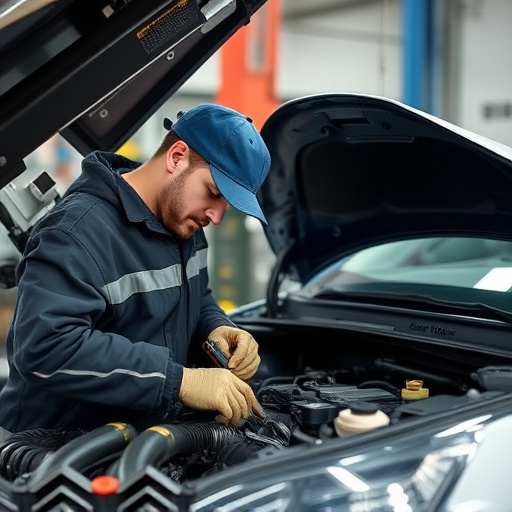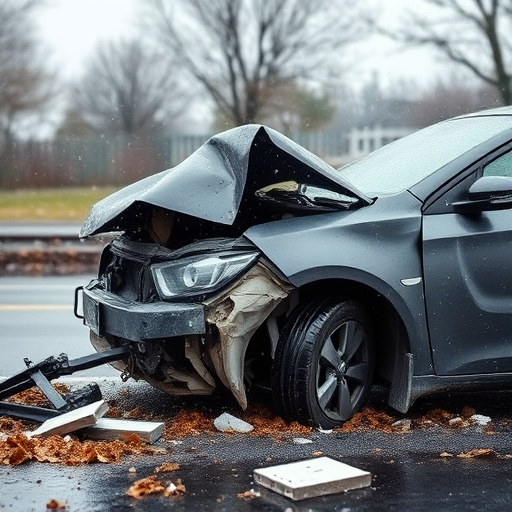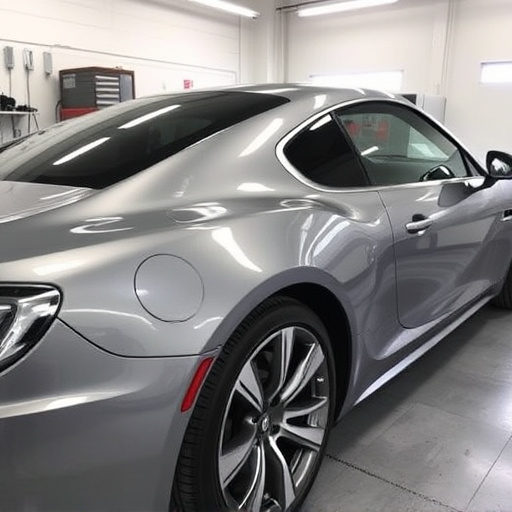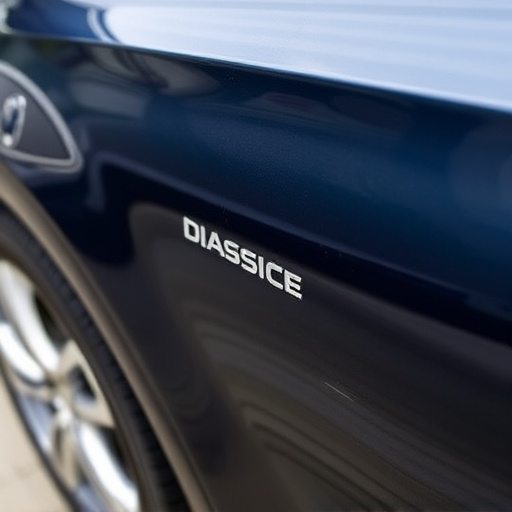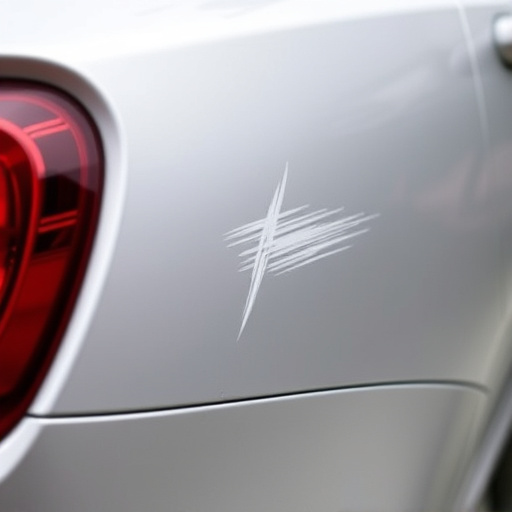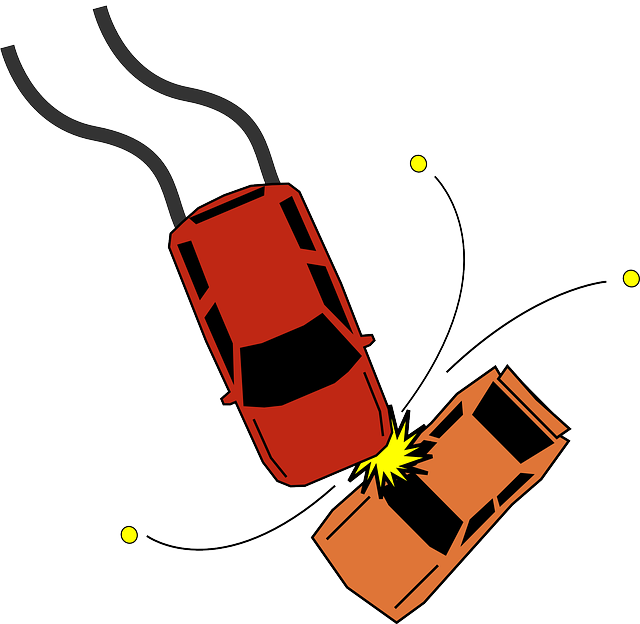Vehicle dent fixing costs vary widely based on damage severity, car material, and painting needs. Insurance covers collision-related repairs, but policy limits differ; review your plan. DIY kits are suitable for minor dents, while complex ones require professional auto body repair.
Vehicle dent fixing is a common concern for car owners, but understanding the costs and options can be overwhelming. This article guides you through the process, focusing on three key aspects: understanding vehicle dent fixing costs, insurance coverage for dents, and DIY vs. professional repair. By delving into these areas, we aim to equip you with the knowledge to make informed decisions regarding your vehicle’s dent repairs.
- Understanding Vehicle Dent Fixing Costs
- Insurance Coverage for Dents: What to Know
- DIY vs. Professional: Repair Options Explored
Understanding Vehicle Dent Fixing Costs

When considering vehicle dent fixing, understanding the costs is a crucial step. The expense can vary greatly depending on several factors such as the severity and size of the dent, the type of material used in your car, and whether it requires painting or not. A simple fender bender might result in a minor dent that can be easily repaired for a relatively low cost, often covered by insurance without significant out-of-pocket expenses. However, more complex dents, especially those that affect structural components, may require extensive collision repair services, leading to higher costs.
Automotive repair services for significant vehicle dent fixing can range from hundreds to thousands of dollars. In severe cases where the panel needs to be replaced or extensively reworked, the price tag might exceed what you’d expect from a routine service. It’s important to research and get quotes from reputable garages to understand the true cost. Additionally, checking your insurance policy for coverage on such incidents can help ease financial burdens, as many policies include provisions for collision-related repairs, including vehicle dent fixing.
Insurance Coverage for Dents: What to Know
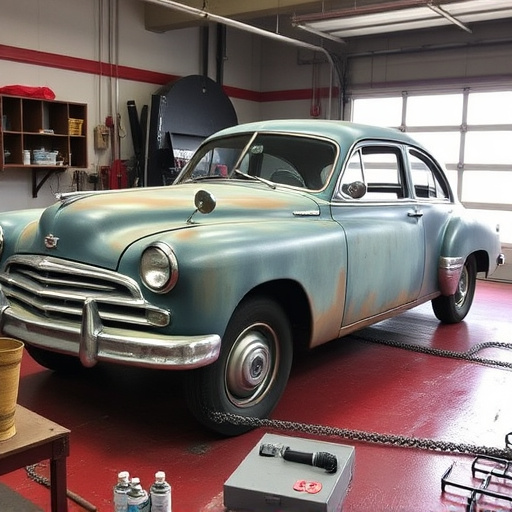
When it comes to fixing a vehicle dent, understanding your insurance policy is crucial. Many standard auto insurance plans include coverage for dents and dings, often referred to as comprehensive or collision coverage. This means that if your car experiences damage due to a collision or accidental impact, your insurance company may step in to help with the repair costs. However, the extent of this coverage varies between policies and providers.
Before assuming your insurance will cover every dent, it’s essential to read your policy carefully. Collision repair for minor dents might be fully or partially covered, but significant damage could incur higher deductibles or out-of-pocket expenses. Additionally, some policies may exclude certain types of incidents, such as hail damage or key scratches. Knowing these details allows vehicle owners to make informed decisions when choosing a repair approach—whether it’s going through insurance or opting for direct self-payment for specialized automotive body work.
DIY vs. Professional: Repair Options Explored
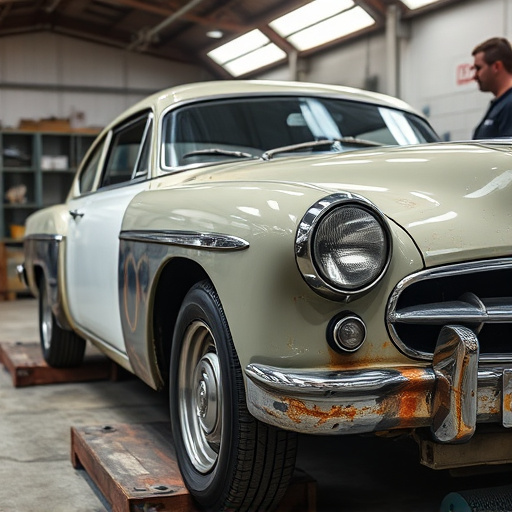
When it comes to fixing a vehicle dent, there are two primary paths one can take: DIY or professional auto body repair. For minor dents and dings, many car owners opt for a do-it-yourself approach, considering the cost savings. DIY kits are readily available, offering step-by-step instructions and all the necessary tools to restore your vehicle’s exterior. This option is ideal for those with some mechanical aptitude and a willingness to invest time in the process.
However, for deeper dents or complex shapes, seeking the expertise of an auto collision center or car body restoration specialist is often the better choice. Professionals are equipped with advanced techniques and tools tailored for precise vehicle dent fixing. They can handle various types of damage, from shallow paint scratches to severe crumple zones, ensuring your car’s structural integrity and aesthetic appeal are both restored.
When it comes to vehicle dent fixing, understanding your insurance coverage is key. While DIY methods can save costs, professional repairs offer superior results for more severe dents. Comparing options and knowing your policy limits empowers you to make informed decisions regarding your car’s aesthetic and financial health. Remember, efficient vehicle dent fixing doesn’t have to be a hassle; it’s about finding the right balance between savings and quality restoration.
